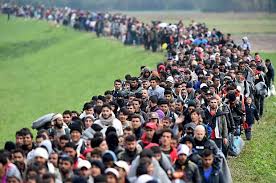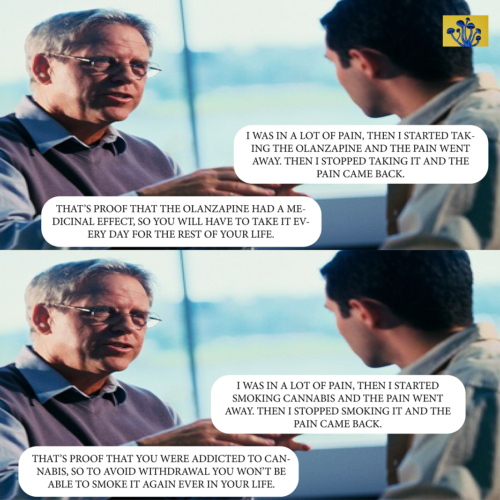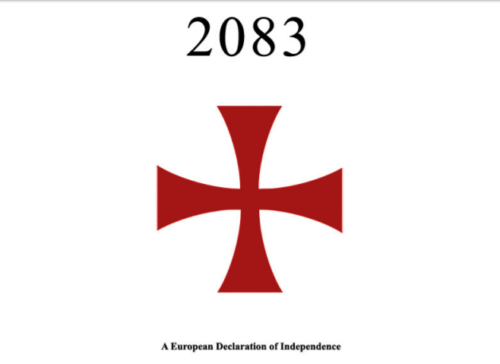
New Zealand, like much of the rest of the Western world, is stuck between a rock and a hard place on the refugee issue. On the one hand there are humanitarian concerns, on the other there is evidence that letting people from certain cultures into your own country drastically lowers your own quality of life. This essay explores a middle ground: only let female refugees in.
With regards to the humanitarian concerns, it can fairly be stated that one refugee life saved is equal to any other refugee life saved. Therefore, if New Zealand could take an extra 1,000 female refugees at the cost of taking 1,000 male refugees, it would not be a net loss on utilitarian grounds.
So this policy is neutral in terms of humanitarian impact. But with regards to lowering one’s own quality of life, it’s obvious that the refugees who do lower the life quality of their host societies are almost always men.
The European experience has demonstrated that to open the door to males from the sort of cultures that are currently producing the majority of refugees is to betray your own womenfolk.
It’s now common for European women to report feeling too afraid to go outside at night – an absolute disaster from the perspective of law and order, let alone the perspective of needing to protect your society’s most vulnerable.
Given that letting male refugees into your country has had the proven effect of inviting the sexual harassment and rape of your own women, why not simply refuse to let in male refugees full stop?
Female refugees don’t commit crimes at anywhere near the rate of males, and they almost never commit the violent sex crimes that often create life-long psychological trauma. So why not cut the supply of these criminals off at the source?
Doing so would also have the effect of greatly allaying the entirely reasonable fears that members of the host society have about mass resettlement of refugees in their neighbourhoods. Banning men would have the effect of banning virtually all crimes of sexual or physical violence, which ought to make the host population much more receptive to the humanitarian needs of the women who would be let in.
So if there are genuine humanitarian reasons that obligate the West opening its borders to the world’s rejects, it’s best to do so in a way that minimises the potential blowback from the host society. This means filtering out those among the refugees who cause most of the blowback.
After all, not much makes a person want to burn down a refugee shelter more than hearing news about another young girl molested by an adult male refugee.
From the perspective of the other side, nothing would incentivise the remaining men in fucked-up countries to unfuck themselves more powerfully than raising the spectre of a future without women.
They would be forced to choose between settling their petty squabbles and religious shitheadedness and finding a way for everyone to live in peace, or living in a world where sexual opportunities were limited to goats and camels.
Some critics might contend that such a policy will just make those places crack down on women’s rights harder and restrict their freedom of travel even more.
If that was the result, that would simply prove that the culture of these places was fundamentally opposed to women’s rights and to freedom in general, and thereby demonstrate the moral obligation that we have in the West to give women shelter from the men enforcing the values of that culture.
Perhaps the best aspect of this policy is that it appeals to the innate sense of justice that most people have. After all, it is the men of these places that are creating all the conflicts that are causing each other to flee, so why should women be punished for any of it?
Let the men sort it out in the absence of women, as they were forced to do in Lysistrata.



